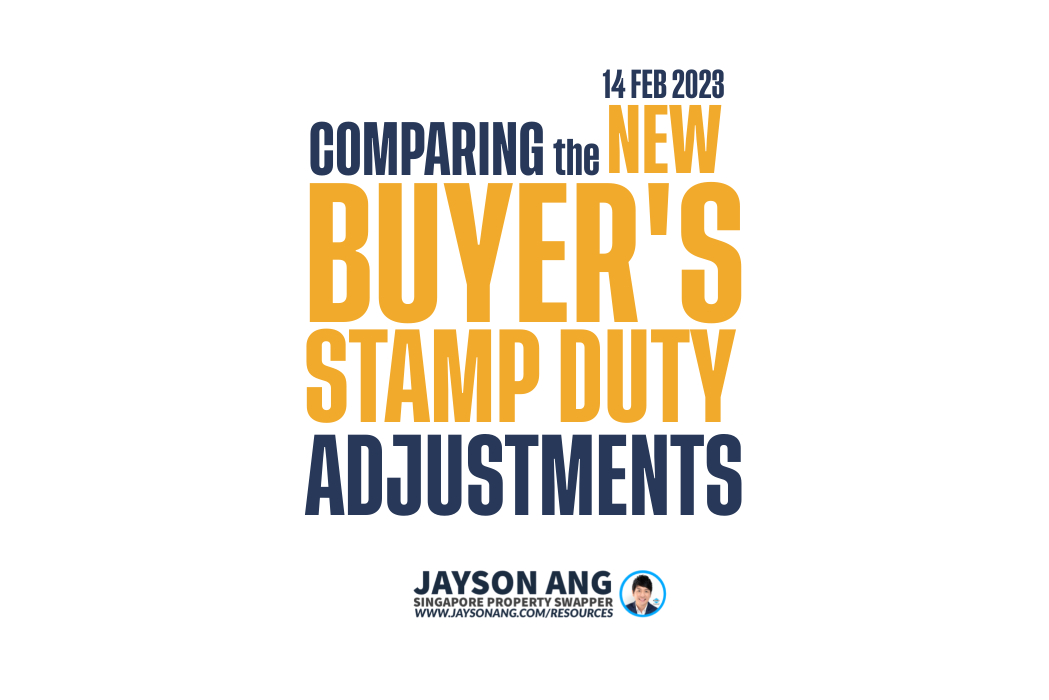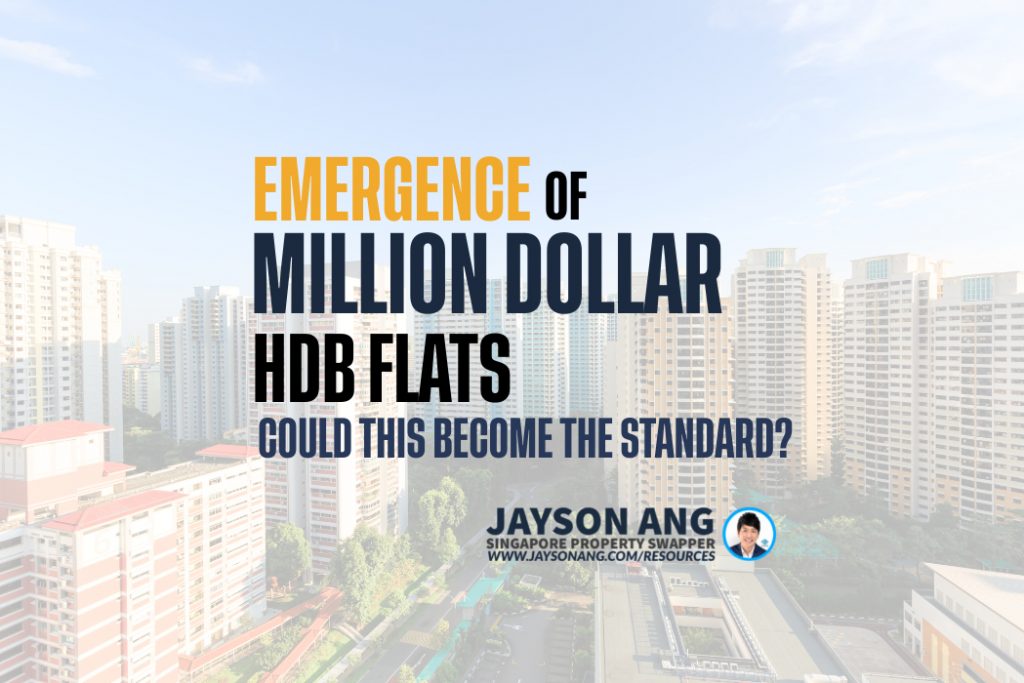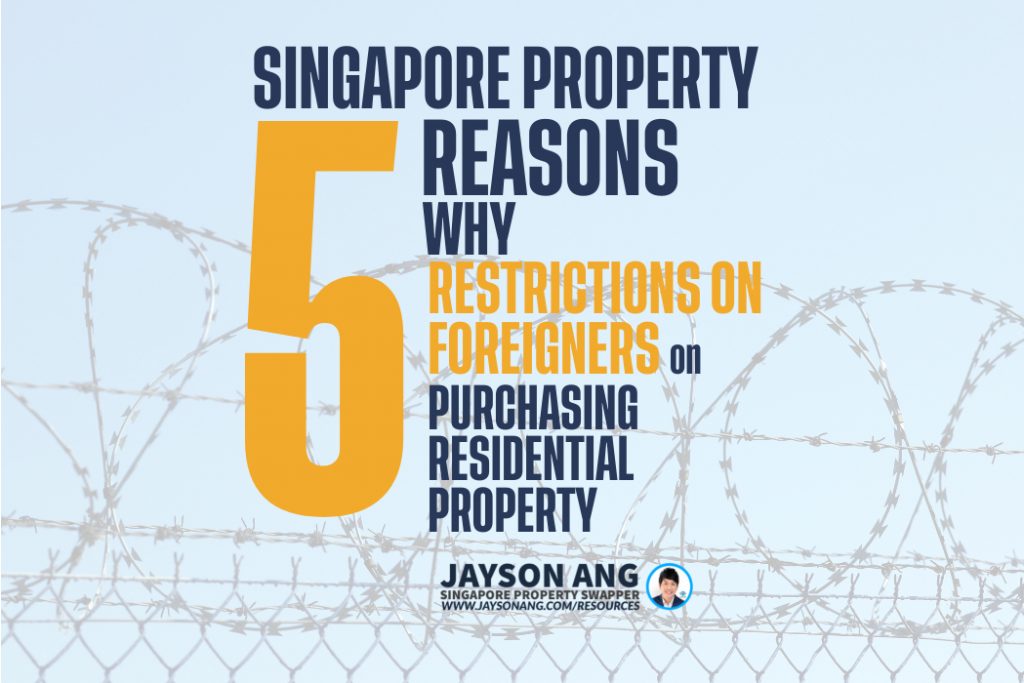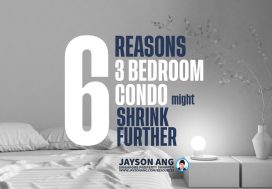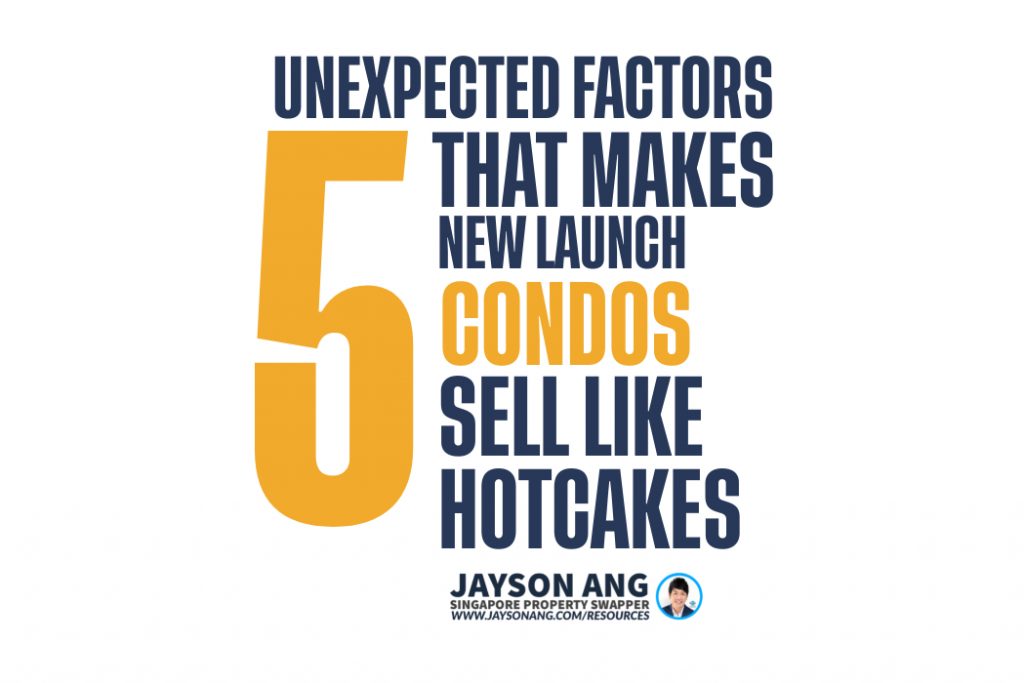TLDR
When deciding between a compact landed house and a spacious condominium, consider key factors like security, parking, maintenance costs, pest control, customizability, and neighbor situations. Condos generally offer 24/7 security, more predictable maintenance costs, easier pest control, and limited customization options compared to landed properties. Landed homes provide more freedom for modifications but may face higher maintenance costs and neighbor-related challenges. Ultimately, the decision depends on individual preferences and priorities.
Recently, we stumbled upon a chat on a forum debating the pros and cons of dwelling in a more compact landed house versus a more spacious condominium. This query isn’t novel to us – considering that several larger condo units (including luxury or penthouse suites) are currently priced between $3 million and $4 million, there’s no surprise that potential buyers might wonder if they’re better off investing in a smaller landed property.
Yet, the general consensus seems to lean towards condos. Here’s why:
What Are The Main Differences To Care About?
Alright, let’s break down the differences that really matter when it comes to your living space.
First up, we’ve got the security aspect – is there round the clock protection or not?
Then, there’s the whole hassle about parking.
Also, let’s not forget the unpredictable versus steady as a rock maintenance costs.
And hey, how easy is it to keep those pesky pests out?
Next up, how much can you actually change in your own home?
Lastly, we’ll tackle the neighbour situation – does having your own landed home fix things or not?
1. 24/7 Security, Or The Lack Thereof
While Singapore’s crime rate is relatively low, security measures serve a broader purpose beyond just warding off potential intruders. Consider the scenario of a child accidentally venturing beyond the house’s boundary; the presence of security personnel can be immensely reassuring in such instances. Furthermore, elderly individuals who may lose their way or accidentally stray without their caregivers can also find assistance from security teams.
A less common, yet significant concern, is the nuisance caused by loan sharks. Even if you’re not directly involved, being a neighbor to someone who owes money can inadvertently pull you into the harassment vortex. This issue is particularly prevalent in HDB flats and landed properties where security is absent, allowing free access to loan shark agents. On the contrary, condominiums with dedicated security teams can effectively filter out such unwelcome visitors.
Another aspect worth considering is when you need to leave your home for extended periods, like going on a holiday. Having security in condos makes this prospect significantly more comforting compared to landed houses. It’s also worth noting that some home insurance policies might exclude coverage for landed properties unless they are equipped with expensive alarm systems.
2. Parking Issues
Indeed, it’s a fact that in recent times, a handful of condominiums around MRT stations or in the Central Business District have been observed to lack visitor parking. However, these instances are not the norm, and guests commonly find ample parking spaces in condo premises.
On the contrary, parking at landed properties comes with its own set of challenges. The number of cars that a driveway can accommodate is limited. Particularly for smaller properties, it becomes a significant hindrance as they may only have space for a single vehicle. In areas with landed houses, the roads tend to be remarkably narrow, making long-term parking a nuisance that could obstruct other driveways. This issue becomes even more prominent during festive seasons when guests might have to walk a considerable distance to reach your residence.
Additionally, there seems to be an ongoing dispute over the right to park within the estate, leading to unpleasant confrontations. There are instances of visitors’ cars being vandalized by disgruntled residents due to short-term parking. This has been found to create a rather hostile living environment where arguments over parking spaces are a common occurrence.
Apart from parking dilemmas, another problem associated with smaller landed homes is the absence of shelter. If the car porch can only accommodate one vehicle, any additional cars would typically have to be parked outdoors or closely packed in front of the house, thereby preventing the gate from closing. This arrangement becomes particularly inconvenient during rainy weather, unlike the comfort of parking in a sheltered underground condo car park.
3. Unpredictable Versus Consistent Maintenance Costs
Owning a landed property comes with its own set of responsibilities, such as maintaining the outward appearance. In contrast, condo living includes a routine maintenance fee. This could mean that costs for landed homes fluctuate more.
There’s a chance you’ll be spending less each month if your property doesn’t require regular repairs – this often depends on the quality of construction and age of the building. But keep in mind, certain incidents like re-tiling your roof can take a serious toll on your finances, potentially running into the tens of thousands. This isn’t an expense you’d tackle alone if you lived in a condo.
And remember, it’s not just about money – consider the time investment too. Major repairs mean scouting for the right contractor, comparing quotes, and monitoring the quality of work done. In a condo, the property manager takes care of all this, allowing you to remain uninvolved.
4. Ease Of Pest Control
It’s a common misconception that landed properties or ground-level condo units are more susceptible to pest problems, but this isn’t entirely accurate. The reality is that even lower level condominium units may be less likely to experience pest infestations.
This can be attributed to the systematic and regular maintenance schedule upheld by condominium management. A dedicated team of groundskeepers and gardeners patrol the premises regularly, proactively identifying and mitigating potential pest issues before they escalate.
While it’s possible to adopt a similar approach for your landed property, the feasibility of such an endeavor is questionable. Regular fumigation schedules may help, but they can never match the efficacy of daily upkeep performed by a specialized team.
Therefore, it’s not surprising to see landed properties typically presenting a greater risk of pest infestations, as well as incurring more fines from the National Environment Agency (NEA) for mosquito breeding. It’s less about geographical positioning and more about the intensive effort required for consistent monitoring.
5. Customisability Of Your Home
Surely, it’s pretty clear, isn’t it? When you own a landed property, you possess the freedom to modify it however you wish – even if that involves demolishing and reconstructing. Such liberties are not extended in the context of a condominium, where it’s essential for the management to maintain the architectural integrity of the entire project.
If you’re imagining serene solitude in a $3 to $4 million landed home, think again. The reality is that many semi-detached and terrace houses can encounter as much, if not more, neighbourly nuisances compared to condominiums or apartments. The gap between one landed estate and the next isn’t always spacious, exemplified by the well-known Everitt Road incident.
Small landed homes can pose a unique set of challenges when your neighbours are social butterflies – parties and barbecues can extend into the wee hours, filling your home with noise and smoke. Unlike in a condo where elevation can offer some respite, these issues are harder to escape in lower lying landed homes. Plus, the narrow streets around your home can become congested with the overflow of your neighbours’ guests’ vehicles.
Don’t forget about the potential for loan shark issues in landed areas – be cautious of borrowing neighbours. It’s also unpredictable who might move in next, making it hard to guarantee long-term peace.
The only properties truly immune from such inconveniences are grand estates like bungalows or perhaps Good Class Bungalows, where their expansive boundaries create substantial distance from the nearest neighbour.
Maintenance is another consideration. For example, in semi-detached units, facade work may necessitate scaffolding, creating an eyesore and dust nuisance. Plus, you might need your neighbour’s approval for such works if they are affected in any way.
In conclusion, if you’re banking on a $3 or $4 million landed home offering complete tranquillity, you might want to adjust your expectations.
Should You Buy, Sell or Wait?
If you’re reading this, you must be trying to figure out the best course of action right now: is it the right time to buy or sell?
It’s difficult to give an exact answer since everyone’s situation is unique and what works for one person may not necessarily work for you.
I can bring you a wealth of on-the-ground experience and a data-driven approach to provide clarity and direction. From beginners to experienced investors, our top-down, objective approach will help you on your real estate journey.
I can help you by:
- Offering Strategic Real Estate Advice – I can help create a comprehensive plan to guide you through your property journey.
- Connecting Your Home with the Perfect Buyers – Through stunning visuals, an effective communication strategy, and an in-depth knowledge of the market, we’ll ensure your home is presented in the best possible way to fulfill your goals.
You May Also Like …






